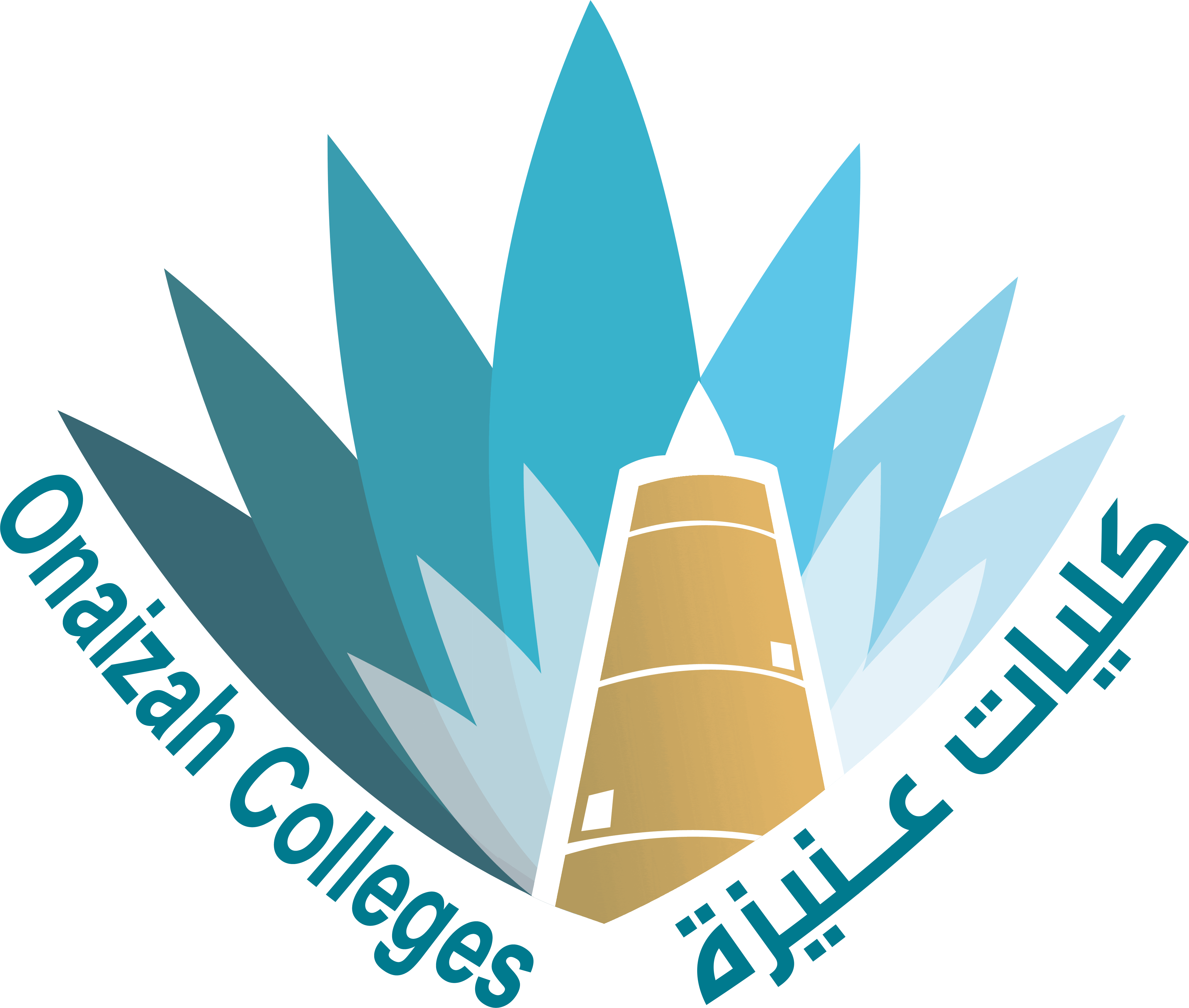
The march of Onaizah colleges was launched during the academic year 1436/1437 AH after obtaining General Accreditation No. 6351 dated 01/23/1437 AH, as a non-stereotypical educational beacon in the higher education process in the Kingdom of Saudi Arabia. As the colleges seek, by focusing on educational and research axes and community partnership, to proceed on their way towards leadership in university private education through commitment to a comprehensive vision based on a precise and clear program of work that seeks to achieve a noble goal represented in upgrading the colleges to a model university based on education and research. Scientific to achieve a comprehensive creativity environment. The colleges are located in the province of Unaizah, which is one of the oldest and most important provinces of the Qassim region, as it includes two colleges, the "College of Engineering and Information Technology" and the "College of Humanities and Administrative Studies", which offer various academic disciplines that have been carefully selected to comply with the Kingdom's Vision 2030 and the needs of the government and private sectors in the Kingdom. In general, and the Qassim region in particular, while staying away from duplication with other public and private universities in the region. The colleges began their journey with 12 educational programs at the bachelor's level and continued with the deliberate expansion of the programs, which reached 13 programs during this academic year, in addition to 4 educational programs at the higher diploma and master's levels in cooperation with distinguished universities in the Kingdom. This expansion of the programs coincided with a significant increase in the number of enrolled students, as the number of male and female students reached 1423 males and 701 females, and the total number of graduates of the colleges since its inception reached 1139 male and female graduates. The colleges are also constantly working to develop their infrastructure, administrative and technology, and to improve the teaching and administrative staff in quantity and quality, in addition to establishing and activating community partnerships with prestigious institutions to serve the educational, research and service colleges’ outputs. This development has allowed the colleges to achieve many achievements, the latest of which was the colleges obtaining institutional accreditation from the Education and Training Evaluation Commission during this academic year.